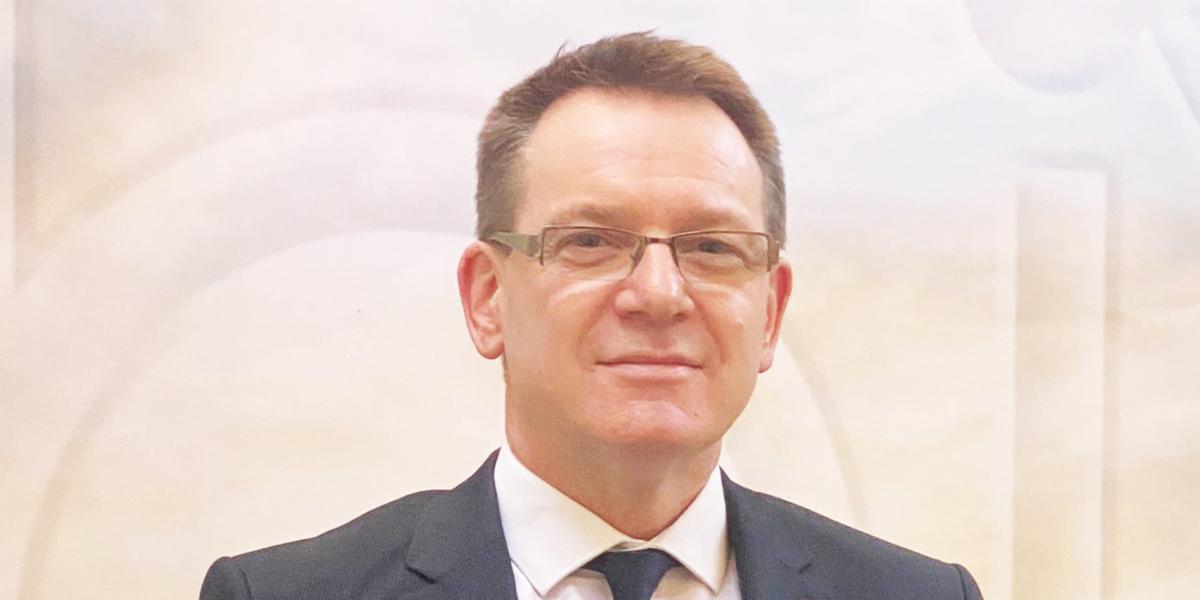Around five years ago Bulb Interiors set up a specialist division focussed on the very specific requirements of the scientific community. Project director Andrew Squires explains how the COVID-19 crisis has starkly illustrated the importance of meeting that sector’s needs.
Recent years have seen the world of business continually re-shaped and challenged by disrupters.
Some of the changes, particularly in technology and global warming, literally altered the landscape.
Current events, however, have put the technology changes in real perspective and the lockdown situations in parts of the world have given a glimpse, via demonstrable data on air and water quality, of what could be achieved should we ever reach the carbon neutral nirvana.
At the start of the year there were rumours of a virus in China but, rightly, our focus was towards the future. Brexit was finally decided and we were looking forward to the certainty of getting on with it.
At Bulb we were projecting another year of strong growth at around 20 per cent to £15 million. All bets are off now despite uncertainty surrounding the commercial office sector which, historically, has provided around 60 per cent of the company’s business.
So where does the note of optimism come from? The remaining balance of our business is firmly in the science sector.
There have been major shifts over the last decade or so and when we look back now there were clues to the current activity.
We saw many of the major international drug companies de-risking their operations by withdrawing from some of their traditional R&D activity – costs were colossal, compliances more onerous, trials time consuming, legislation shortened patent lengths and markets were opened up to competition.
The vacuum was soon filled by the brightest of minds who had the vision to see what was possible but to some extent were ahead of the investment market – an investment market which had historically backed the safe scientific multi-nationals.
The market has caught up and there are now many funding bodies which can offer brilliant scientists a place where their product and their aspirations for it, will be fully understood.
Investment managers such as Oxford Science & Innovation (OSI) can find the right funding for the right product.
Where required, they can appoint a chief executive with experience of scaling, and they can bring together the right professional team from legal through to real estate.
As with any new product, time to market remains critical and, from our experience, the thought leaders in any sector are visionary in what can be achieved but not necessarily in what obstacles there may be.
That’s where our experienced approach pays dividends.
Bulb has worked in the science sector for the last decade and has been successful. But we experienced a notable acceleration in the level of success once we could truly talk the same scientific language. This was achieved by some key appointments.
Managing director and co founder Derek Jones explains how he ‘disrupted’ the market in 2015 with his decision to recruit Dr Manisha Kulkarni to the team.
He said: “Manisha ticked all the boxes for us, a passionate scientist with research and product manufacturing background, supplemented by a Marketing MBA which helped spread the word within the scientific community.
“A natural thirst for knowledge and desire to invest in clients’ projects has helped her develop the crucial link between the laboratory process and the fit-out and construction techniques and solutions required.”
Dr Kulkarni said: “I had always been fascinated by the whole process of creating the most efficient laboratory and I see my role now as bridging the gap between science and construction. Throughout a project I will monitor activity closely and the team know my R&D background and professional pride means I will push for the very best for our clients.
It became clear to us that the spin-out companies and funders wanted to work with organisations which were truly invested in the sector and were industry experts. In 2019 Dr Nima Razaie was appointed to help us stay ahead of the increased demand and ensure the advice and support we give clients is of the highest quality.
Science and innovation will inexorably continue to shape our future. It is regularly singled out as the industry that holds the key to success for UK plc.
One of the new Government’s first actions was to ease visa regulations for those in the science community currently in the UK. The Government has also made immigration ‘easy’ for those who want to come to the UK and work in science.
Investment in STEM subjects has been strong over recent years, particularly in the higher education sector and it will surely remain so as universities look to attract brilliant young minds and create new revenue streams to supplement funding.
Good work has been done to try to encourage more girls and young women into careers in science which will further strengthen the sector.
And all the above before we realised that we were going to be reliant on scientists to crack the code to the coronavirus COVID-19 and, while they are doing this, they will be driving technology and process forward so next time we will get to it more quickly.
COVID-19 is a daily reminder of the importance of scientific research, which exists for two fundamental reasons – improving the human condition and protecting the planet.
However small our involvement may be, we are extremely proud and humbled that our role in providing laboratory fit out and refurbishment services may contribute to vital discoveries.
© Thames Tap No 204 (powered by ukpropertyforums.com)










